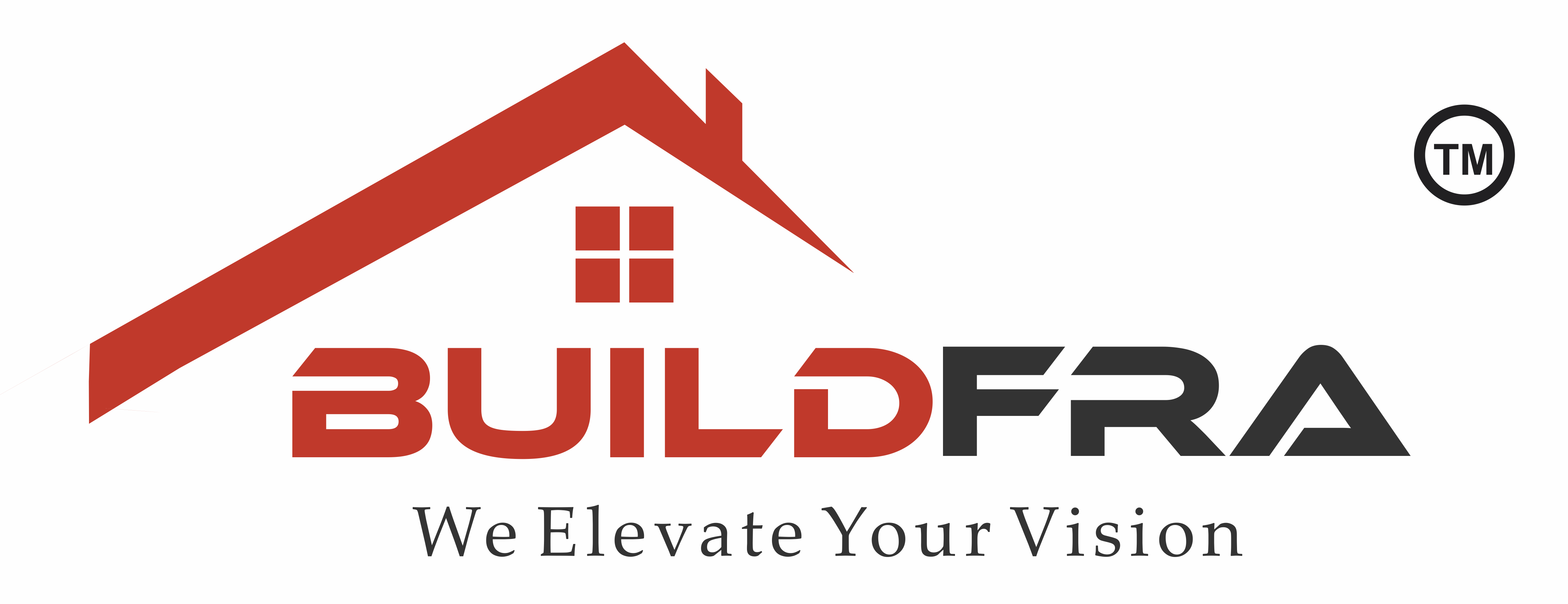Commercial construction projects require a blend of meticulous planning, precise execution, and strategic management to achieve success. Whether it is an office building, retail space, or industrial facility, proper planning ensures the project is completed on time, within budget, and to the desired quality standards. Here, we outline the key steps involved in planning a successful commercial construction project, with insights into how companies like BuildFRA contribute to streamlined project execution.
- Defining Project Objectives
The foundation of any successful project lies in clear and well-defined objectives. This includes determining the purpose of the construction, the desired outcomes, and the long-term goals of the project. Questions to consider include:
- What is the primary function of the building?
- Who is the target audience or user base?
- What are the sustainability goals?
Having these objectives in place guides the subsequent planning phases and ensures alignment among stakeholders.
- Establishing a Budget
Creating a realistic and comprehensive budget is critical to the success of a commercial construction project. The budget should cover all aspects, including:
- Land acquisition costs
- Design and architectural fees
- Construction materials
- Labor and contractor fees
- Permits and inspections
- Contingency funds for unexpected expenses
A well-planned budget not only helps prevent financial overruns but also ensures adequate allocation of resources. Consulting experienced firms like BuildFRA can provide insights into cost-effective solutions and accurate cost estimations.
- Assembling the Right Team
The expertise and synergy of the project team significantly impact the project’s success. Key players include:
- Project manager: Oversees the project’s overall progress
- Architect: Designs the building’s structure and aesthetics
- Engineers: Ensure structural integrity and efficient systems (mechanical, electrical, plumbing)
- Contractors and subcontractors: Handle the construction work
Selecting experienced professionals with proven track records is essential. Companies like BuildFRA specialize in providing skilled teams for commercial projects, ensuring seamless collaboration and execution.
- Conducting a Feasibility Study
Before initiating the project, a feasibility study evaluates the viability of the construction plan. This involves:
- Assessing the site’s suitability
- Analyzing environmental impact
- Estimating project timelines
- Reviewing zoning regulations and compliance requirements
A detailed feasibility study identifies potential challenges early, enabling the team to make informed decisions and avoid costly delays.
- Developing a Detailed Project Plan
A comprehensive project plan acts as a roadmap, outlining every phase of the construction process. Essential components include:
- Timeline and milestones: Set realistic deadlines for each phase
- Resource allocation: Assign responsibilities and ensure availability of materials
- Risk management: Identify potential risks and mitigation strategies
- Communication plan: Establish channels for effective collaboration among stakeholders
Leveraging project management tools and software can help streamline planning and tracking.
- Securing Permits and Approvals
Navigating the regulatory landscape is a crucial step in commercial construction. This involves obtaining:
- Building permits
- Zoning approvals
- Environmental clearances
Failure to comply with local regulations can lead to fines, delays, or even project shutdowns. Experienced partners like BuildFRA ensure all legal and regulatory requirements are met, saving time and avoiding complications.
- Design and Pre-Construction Planning
The design phase is where the project begins to take shape. This includes:
- Finalizing architectural designs
- Selecting construction materials
- Preparing detailed blueprints and schematics
Pre-construction planning involves procuring materials, hiring contractors, and conducting site preparation. This phase lays the groundwork for smooth construction operations.
- Establishing a Procurement Strategy
Efficient procurement ensures the timely delivery of quality materials and equipment. Steps include:
- Identifying suppliers
- Negotiating contracts
- Managing logistics and storage
Companies like BuildFRA bring valuable industry connections and expertise, ensuring the procurement process is efficient and cost-effective.
- Construction Execution
With planning complete, the construction phase begins. Key aspects to monitor include:
- Quality control: Ensure work meets design specifications and industry standards
- Safety: Adhere to occupational safety guidelines to protect workers
- Progress tracking: Regular site inspections and status updates
Effective communication and problem-solving during this phase prevent disruptions and keep the project on track.
- Managing Risks and Challenges
Unexpected challenges are inevitable in construction projects. Common risks include:
- Weather-related delays
- Supply chain disruptions
- Budget overruns
- Design changes
A proactive risk management plan helps mitigate these challenges. Engaging professional firms like BuildFRA provides access to contingency plans and industry best practices.
- Final Inspections and Quality Assurance
Before handing over the building, conduct thorough inspections to ensure compliance with:
- Building codes
- Safety regulations
- Design and functional specifications
Addressing any deficiencies during this stage ensures the final product meets expectations.
- Handover and Post-Construction Support
The final step involves transferring ownership or usage rights to the client. Providing comprehensive documentation, including:
- Maintenance manuals
- As-built drawings
- Warranty details
Post-construction support, such as routine maintenance and addressing warranty issues, enhances client satisfaction and prolongs the building’s lifespan.
The Role of BuildFRA in Commercial Construction Projects
BuildFRA is a trusted partner in the commercial construction industry, offering end-to-end project management solutions. Their expertise spans:
- Feasibility analysis
- Design and planning
- Procurement and construction execution
By leveraging advanced technology, industry connections, and a client-centric approach, BuildFRA ensures projects are delivered on time, within budget, and to the highest standards.
Conclusion
Planning a successful commercial construction project is a multifaceted process that requires attention to detail, strategic decision-making, and collaboration. By following the steps outlined above and partnering with experts like BuildFRA, businesses can achieve their construction goals with confidence and efficiency. Whether it’s designing a state-of-the-art office space or constructing a robust industrial facility, meticulous planning and execution pave the way for success.
�

